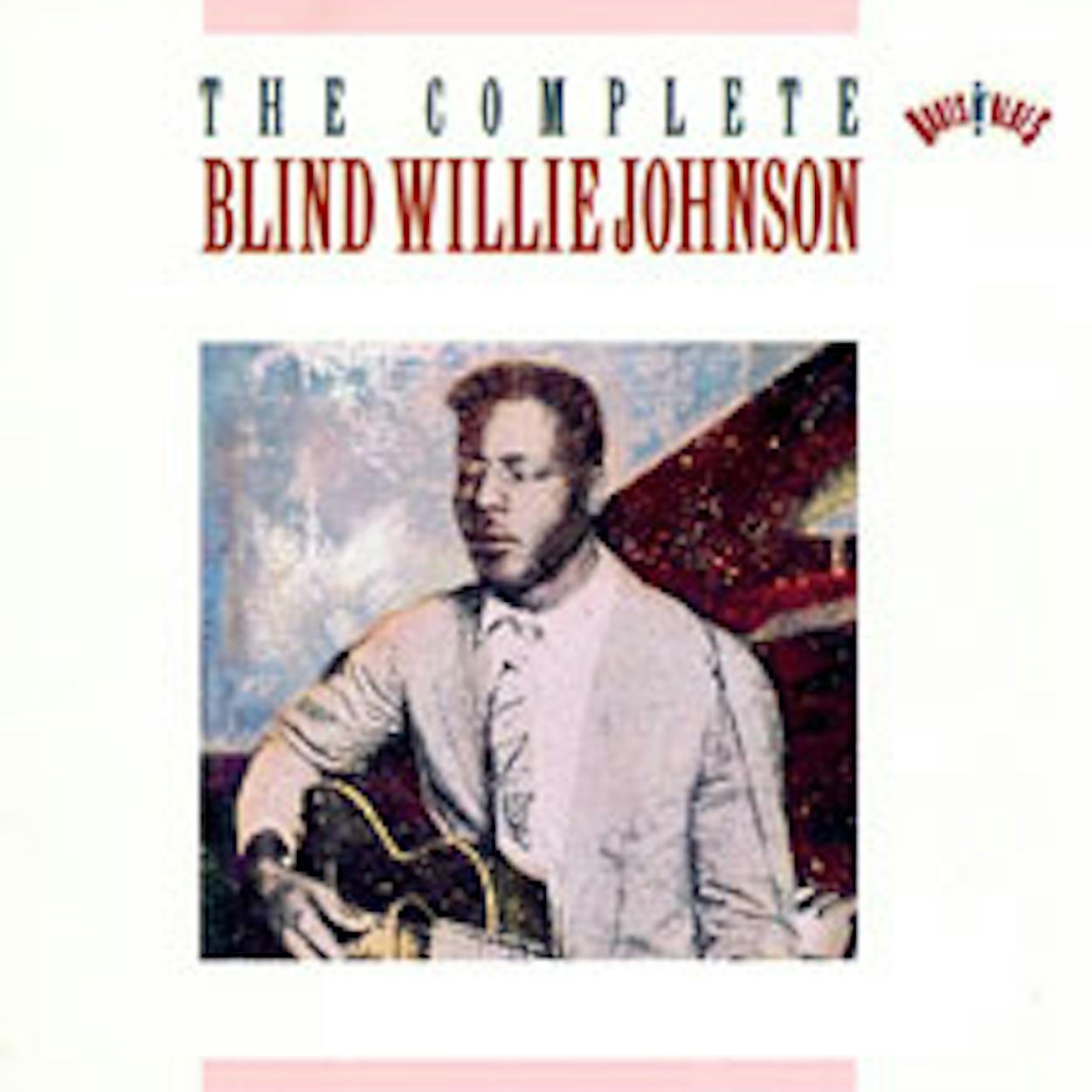Thirty recordings and one photograph are all that is left of Blind Willie Johnson, the itinerant musician who hailed from the same expanse of East Texas farmland as blues giants Lightnin’ Hopkins and Blind Lemon Jefferson. But Johnson was no bluesman. He sang not of his destitute life — which he surely had — but of his devout faith in God. No other gospel singer has approached Johnson’s raw intensity; his fierce growl and feather-touch precision on the slide guitar were a formidable combination. Johnson’s exact birthplace and date are uncertain, but he grew up in Marlin, where tragedy struck his short life early. Blinded at age seven by a vengeful stepmother, he learned his musical craft on street corners. Columbia’s “race record” division did a fine job of periodically recording — though apparently not that good a job of compensating — Johnson between 1927 and 1930, and his 78’s sold well until the Depression. With no chronicle of his developmental years, Johnson’s full-blown assurance on these spare efforts makes his talent seem monumental. His voice alternates between an even tone and a savage croak, his expressive guitar lines often complete his sentences. Among the many marvels, the initial session (the first six songs) has been much revered and imitated. Johnson’s wordless treatment of the crucifixion hymn “Dark Was the Night, Cold Was the Ground” may be the most chilling piece of music ever recorded. by Jeff McCord
Music Review
The Complete Blind Willie Johnson







